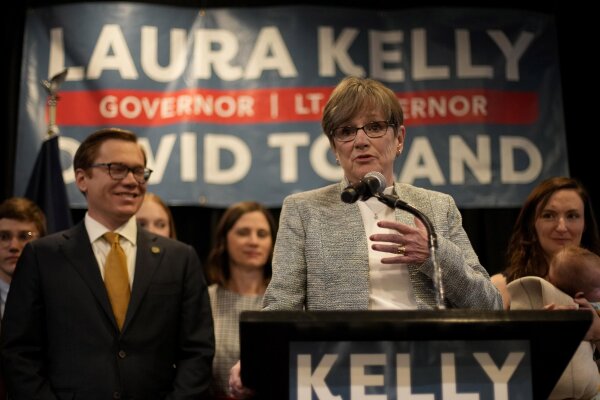Laura Kelly plans to deliver on medical marijuana promise

12/08/2022
There’s no place like home but, for Kansas residents suffering from chronic illnesses, the house could become a lot homelier after the governor announced last week that implementing a medical marijuana program in the state is at the top of the priority list.
In a tweet on Friday, Gov. Laura Kelly promised that legalizing medical marijuana is a number one priority for her second term. Gov. Kelly defeated Republican candidate Derek Schmidt by more than 20,000 votes with a five-point plan to legalize medical cannabis, adequately protect first responders, expand Medicaid, provide tax relief, and expand mental health research and services.
With Missouri voters approving the ballot initiative to legalize recreational marijuana on November 8th, Kansas is now surrounded by states that have decriminalized cannabis or legalized its medical or recreational use. Only 13 states have stood by the federal government’s complete prohibition of the plant, and Kansas remains in the minority for the time being.
In states where medical marijuana is illegal, patients with chronic illnesses are forced to treat their conditions with highly-addictive prescription pharmaceuticals. Prescriptions often come with several side effects, ranging from being uncomfortable to deadly, in regard to addiction and overdoses.
While research on marijuana remains limited due to the federal government’s decades-long war on drugs, there is little to no evidence that suggests marijuana is addictive. Recent research notes that it is possible to overdose on marijuana, but the number of cases remains much lower than many prescribed drugs.
Marijuana’s popularity is growing, and Democrat candidates are capitalizing on its popularity. Kelly won her election by a small margin but did something many people in her party refused to do: She prioritized marijuana legalization, even if just for medical use, and is now planning to deliver on her promise. Medical marijuana legalization is a small step, but it is one step closer to having legal marijuana programs in all 50 states.







